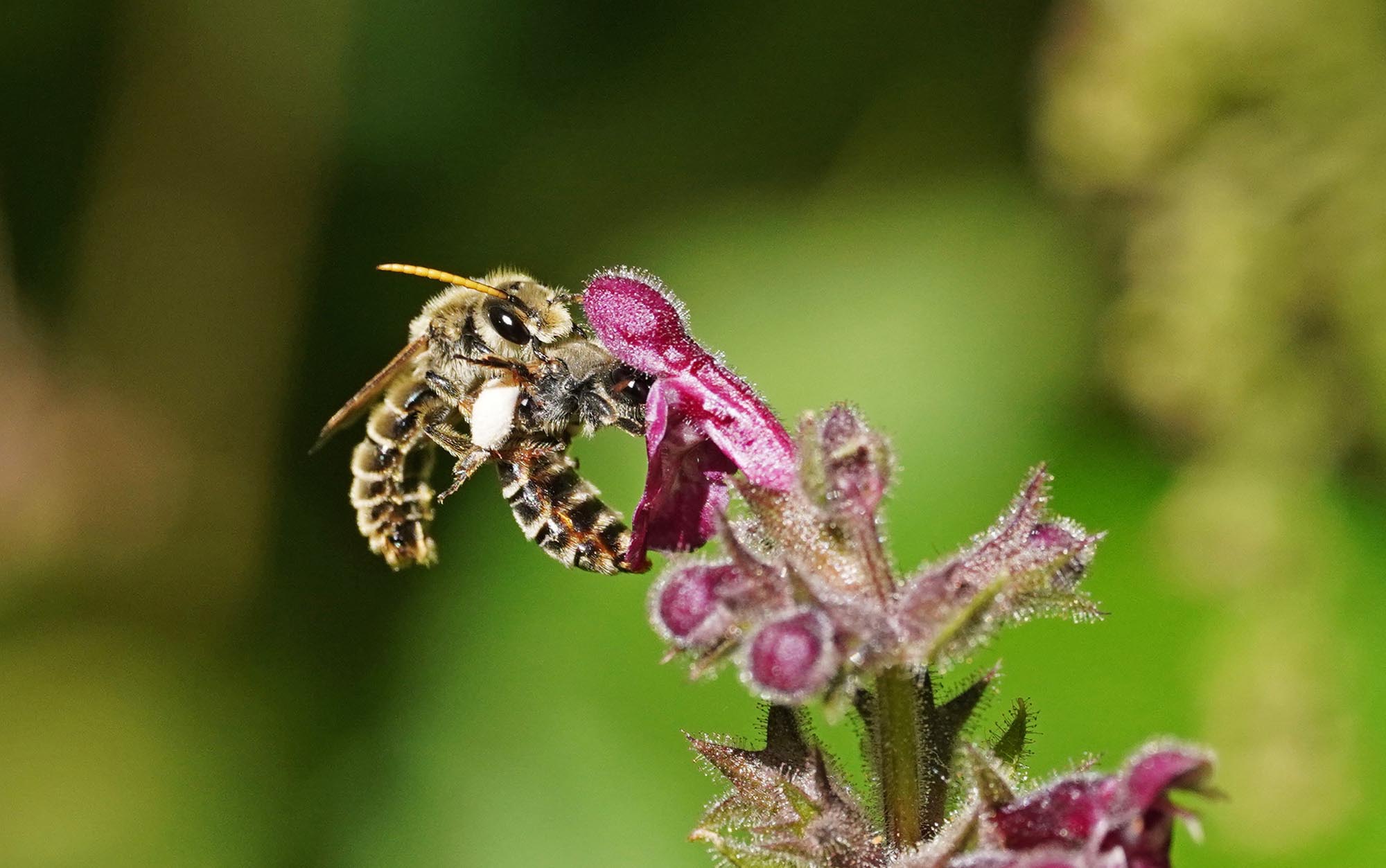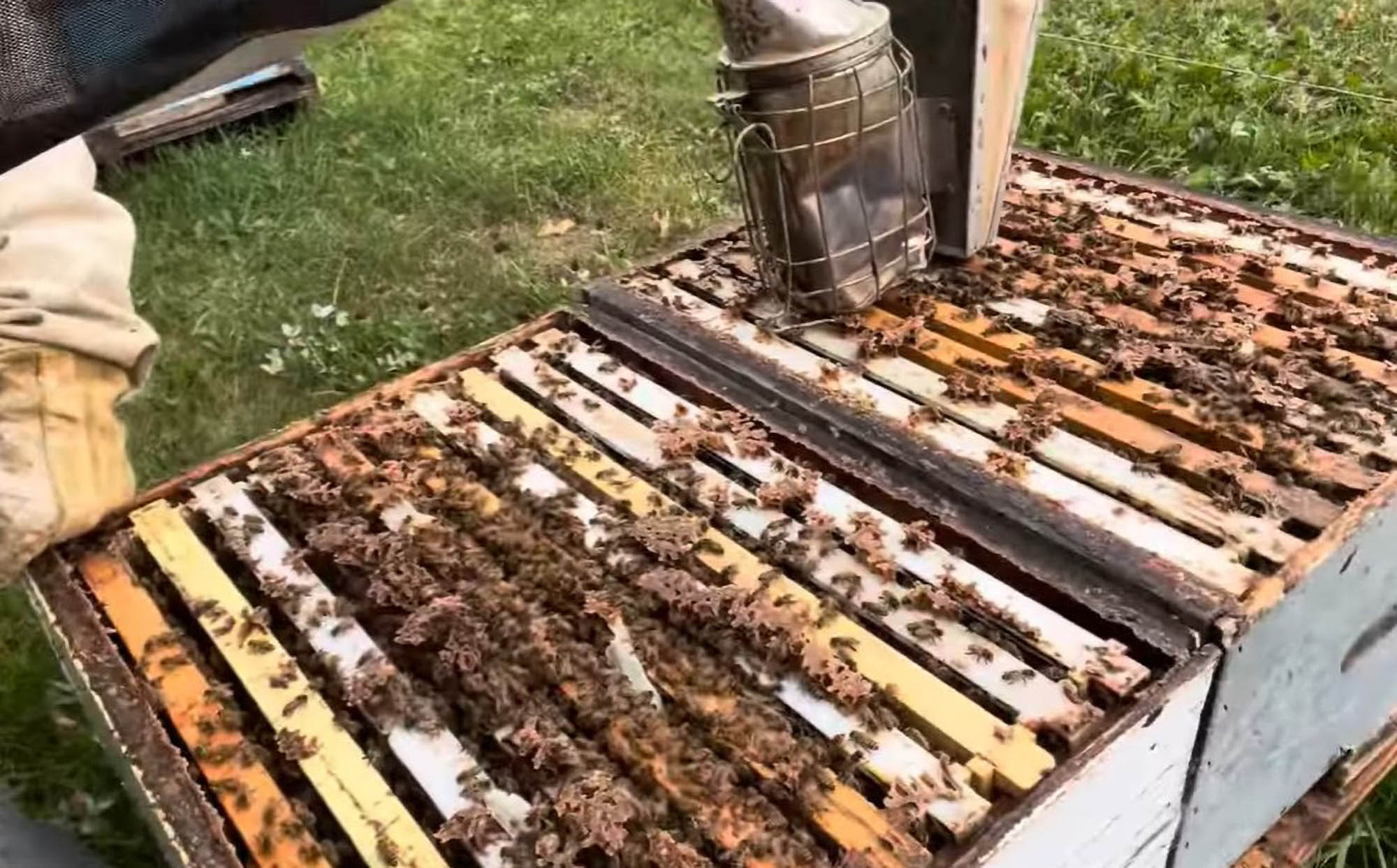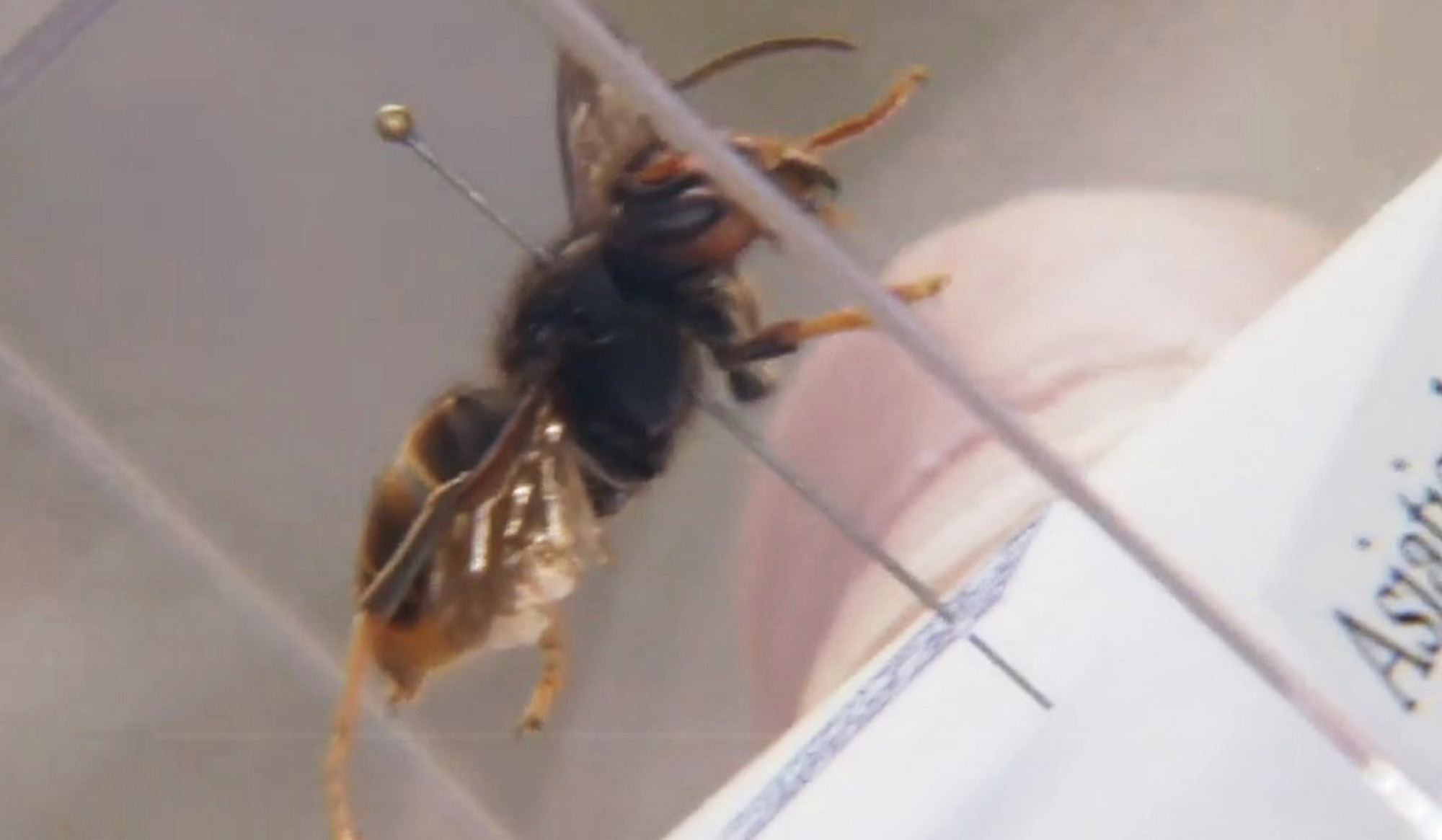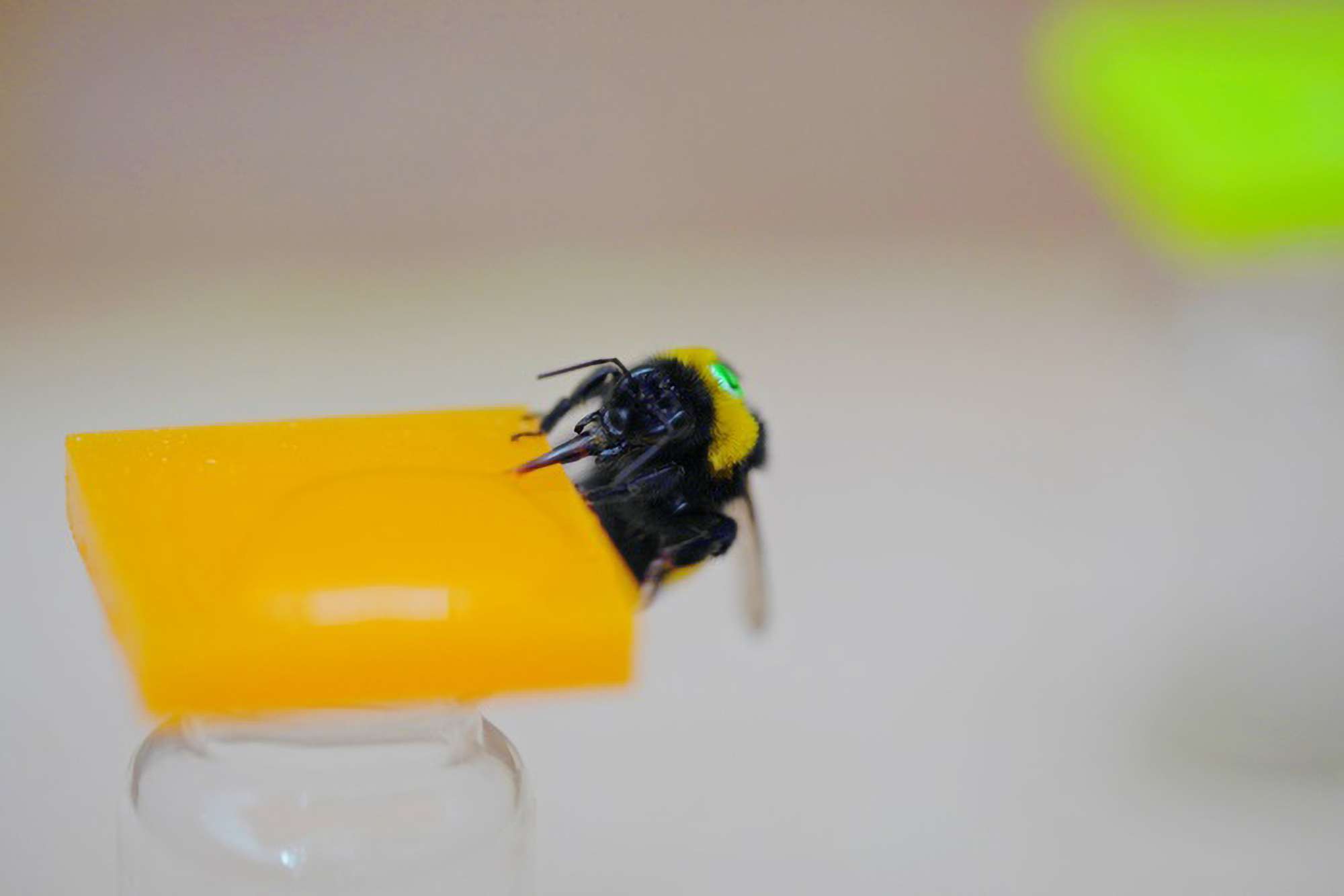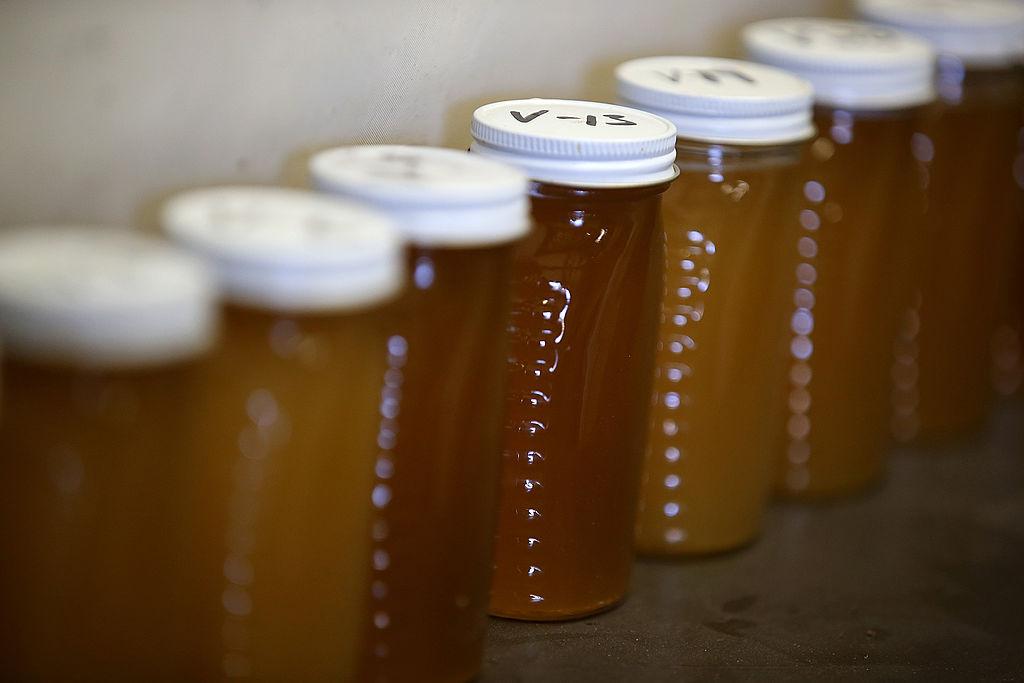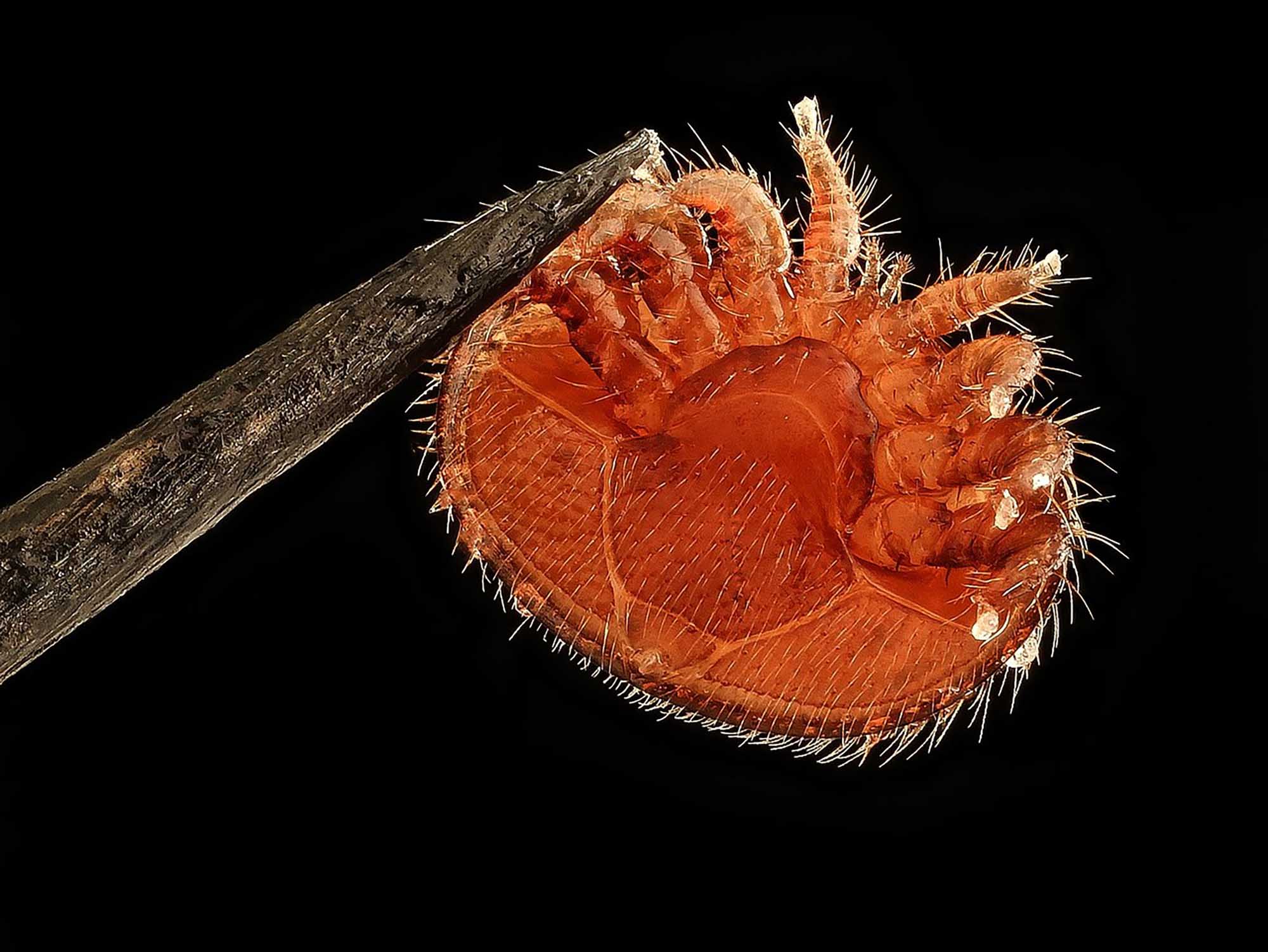A biology student has detected a bee species that was not known to inhabit Germany.
Robert Zimmermann from Regensburg University in the southern state of Bavaria admitted that discovering the insect known as Rophites hartmanni had surprised him.
Robert said: “The animals did not look like any of the native species I knew, so I consulted an expert.”
The student added: “It then became clear that it was a species that had never before been seen in Germany.”
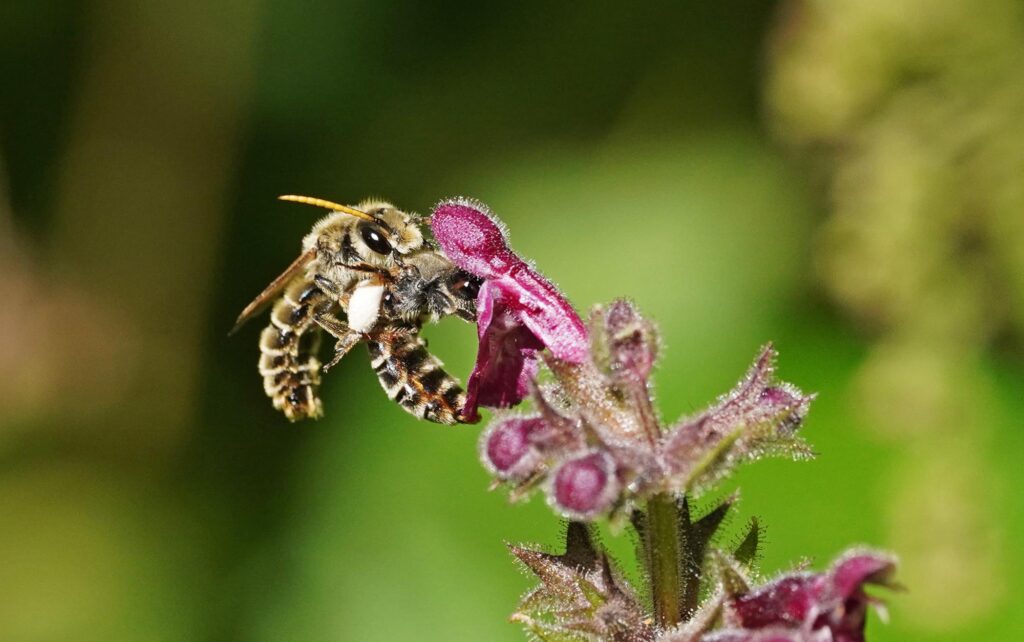
The Rophites genus is a group of solitary insects specialised in pollinating the Lamiaceae family of flowering plants which features herbs such as basil, rosemary, mint and oregano.
Rophites hartmanni, the species Robert has found, is a common sight in Eastern Europe.
Experts estimate that it came to Germany along the Danube River which is used as a corridor by many species due to its comparably mild conditions.
Shortly after Robert’s discovery was made public, there were reports about a Rophites hartmanni sighting in Straubing which is situated 45 kilometres southeast of Regensburg. Both cities are located on the Danube.
Germany is home to around 600 solitary bee species. These insects, also referred to as wild bees, build their nests in deadwood and soil.
There are an estimated 20,000 to 30,000 solitary bee species in the world.

